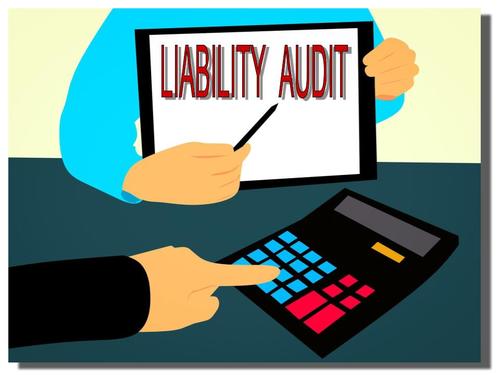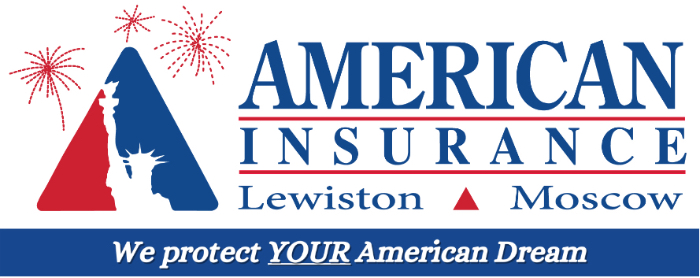Frequently Asked Questions
All You Ever Wanted to Know About Insurance
Business Insurance: Liability
General
Liability Audits – Don’t Get Caught Unaware!
When the economy heats-up and business activity increases (especially construction), insurance companies are more likely to exercise their right to do an annual liability premium audit. So, it is important to remind you about audits, how they work, and 5 ways to avoid an expensive surprise.

What policies are subject to premium audit?
Commercial General Liability (CGL) coverage, either as a stand-alone policy or part of a Package policy, IS subject to premium audit. A notable exception is the Business Owners Policy (BOP) form which is generally NOT subject to audit. Your policy will declare in the “Conditions” if it is subject to premium audit.
What is the purpose of a premium audit?
The initial liability premium charged at the beginning of a policy term is a deposit only based on an estimate of the rating basis (usually total payroll or receipts/sales) for the current policy year. The insurance company may perform a premium audit to ensure that you only pay a premium based on your actual risk exposure. An accurate audit at the end of the policy term will adjust your final premium up or down when reconciled against the initial premium deposit.
An expensive surprise to avoid!
If it has been several years since your last liability premium audit you may discover that you inadvertently have been under-reporting your rating basis. That means you have enjoyed lower premiums for past years but now a current audit may create a large additional liability premium (but only for your policy term just ended – not prior years). Nobody likes to face an unplanned expense.
What you can do to avoid surprises.

- Verify that your estimated rating basis (usually total payroll or sales/receipts) is what you anticipate for the year. If your estimate is too low an audit will create an unwelcomed bill for additional premium. If your estimate is too high then you will overpay the initial premium deposit and must wait until audit for a refund. Contact your agent to revise your estimate and adjust your initial premium deposit at the beginning of your policy term.
- Keep accurate records of the information needed to verify your rating basis at audit.
- Monitor during the year your actual numbers in relation to what was estimated. If you are having a great year with higher payroll or gross sales than estimated it would be wise to set aside money in anticipation of the audit premium that will be due.
 Subcontractors or Independent Contractors you hire in your operations need to provide you a Certificate of Liability Insurance as proof they are insured. Keep these liability certificates on file for your audit. If you can’t provide this proof then they are assumed to be uninsured subs and become covered under your liability policy causing you to pay an additional premium.
Subcontractors or Independent Contractors you hire in your operations need to provide you a Certificate of Liability Insurance as proof they are insured. Keep these liability certificates on file for your audit. If you can’t provide this proof then they are assumed to be uninsured subs and become covered under your liability policy causing you to pay an additional premium.Contact your agent for advice during the year if you have a material change in your operations. A change in operations may increase or decrease liability risk and create new liability rating classifications and rates on your policy during audit.
- Contact us for the advice of our professional agents for your business needs.
- What is Commercial General Liability Insurance?


